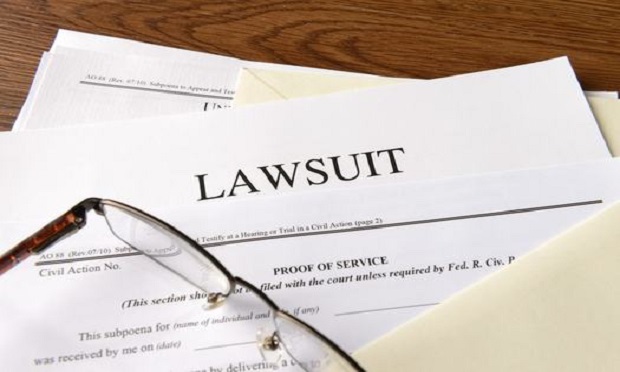
It wasn't a question of if, but of when. And the wait wasn't long.
Earlier this week, a suit was filed in a Louisiana state court by a restaurant seeking a declaration of coverage for coronavirus-caused losses under a business interruption policy.
In likely the first case of its kind, Oceana Grill, which describes itself as "a well-known New Orleans restaurant in the heart of the French Quarter," alleges that it is an insured under an "all risks" property policy issued by Lloyd's that includes business interruption and an "extension of coverage in the event of the businesses closure by order of Civil Authority." The policy covers "direct physical loss unless the loss is specifically excluded or limited."
The seafood establishment is seeking a judicial determination that the Louisiana governor's public gathering restriction, and New Orleans mayor's restriction on restaurant operations, trigger the Civil Authority provision of the Lloyd's policy.
In particular, the complaint seeks a declaration that "the policy provides coverage to plaintiffs for any future civil authority shutdowns of restaurants in the New Orleans area due to physical loss from coronavirus contamination and that the policy provides business income coverage in the event that the coronavirus has contaminated the insured premises."
The complaint does not delve into the relevant policy language, but the argument being made for coverage emerges when you consider the manner in which business interruption policies typically operate.
The key to unlocking it is that the complaint maintains that "the global pandemic is exacerbated by the fact that the deadly virus physically infects and stays on the surface of objects or materials, 'fomites,' for up to 28 days, particularly in humid areas below 84 degrees." Further, the complaint states that it is "clear that contamination of the insured premises by the coronavirus would be a direct physical loss needing remediation to clean the surfaces of the establishment."
Oceana Grill's apparent argument is that the presence of the coronavirus causes physical loss to the affected premises. Thus, if Oceana Grill is shut down because other restaurants in the area have suffered a physical loss on account of the presence of the coronavirus, then it is entitled to so-called Civil Authority coverage for its losses. If the coronavirus were present in Oceana Grill itself, then the restaurant asserts that it would be owed coverage for business interruption.
It cannot be overstated that the complaint alleges that the Lloyd's policy does not contain a "virus" exclusion.
What Does All This Mean?
In general, and putting aside any precise policy language that may apply, one critical requirement for the potential availability of business interruption insurance is that there has been physical damage to property. This is either damage to the insured's own covered premises or, for purposes of losses on account of the actions of civil authority, damage to another's premises.
Either way, it will be necessary for Oceana Grill, and policyholders in general, to prove that the presence of the coronavirus causes physical loss to the affected premises. Thus, we can expect to see arguments, like the one being made here, that there has been a physical loss to a premises because the virus stays on the surface of objects or materials—"fomites"—for some amount of time.
Indeed, the Oceana Grill complaint specifically maintains that, "similar to the coronavirus, Louisiana Courts have interpreted that the intrusion of lead or gaseous fumes constitutes a direct physical loss under insurance policies that would need to be remediated."
Second, the Oceana Grill complaint has much to say about the fact that the Lloyd's policy does not contain a "virus" exclusion. This is because ISO, for its business interruption policies, introduced a mandatory "virus" exclusion in 2006. This is going to play an important part in determining the potential availability of business interruption coverage for coronavirus-caused losses.
Randy Maniloff is an insurance coverage lawyer at White and Williams, LLP, in Philadelphia. This article first appeared on CoverageOpinions.info and is republished by ALM with the author's consent.
© 2025 ALM Global, LLC, All Rights Reserved. Request academic re-use from www.copyright.com. All other uses, submit a request to [email protected]. For more information visit Asset & Logo Licensing.




